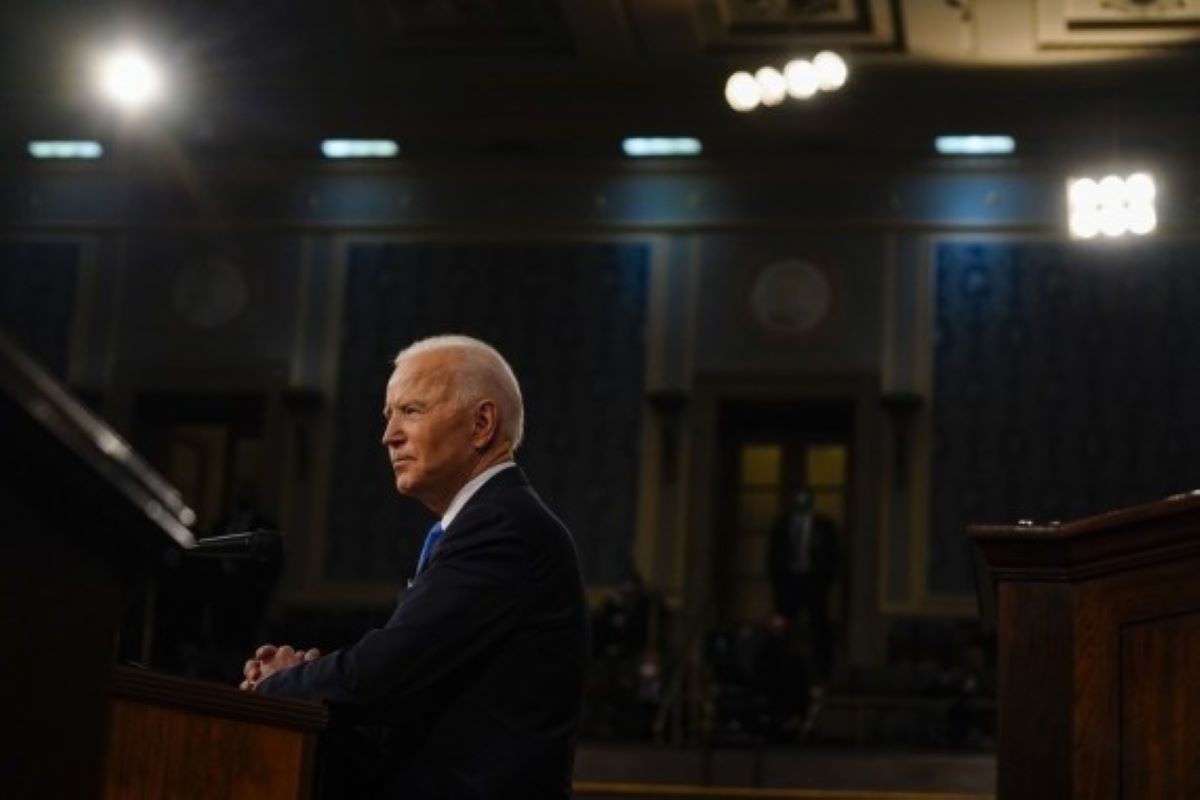Quite the most unusual feature of President Joe Biden’s critique of China in Europe must be that Presidents of America don’t normally fly across the Atlantic to talk about, far less rant against China. He has buttressed China’s threat at the meetings of the G7 and the North Atlantic Treaty Organisation, but European leaders are treading cautiously, seemingly anxious not to rock the Beijing boat quite yet. We do not know if Mr Biden has convinced his new European friends of the need to stand up to Chinese autocracy in Hong Kong, human rights abuses as in Xinjiang, and violation of economic rules.
China is intrinsically a foreign policy issue in America. Arguably, President Biden may be eager to patch up the trans-Atlantic wounds of the Trump era. He said he “walked away” from the G7 summit in the UK convinced that the group recognizes that Beijing is part of a growing threat to global democracy.
The summit agreed to set up an alternative to China’s Belt and Road Infrastructure initiative. In an attempt to mirror US goals, it called on China to respect human rights in the protectorate of Hong Kong and Xinjiang province, and to permit a full probe into the origins of Covid-19. It also called for calm in the South and East China seas.
On closer reflection, these are the bitterly contentious issues that have soured the geopolitical equation in recent times. China appeared to dominate the subsequent Nato summit, and was for the first time featured in Nato’s joint statement. The Secretary-General of the alliance, Jens Stoltenberg, warned on Monday that China “is coming closer to us” in military prowess, adding that the “Communist giant” does not share the Western values that Nato was set up to defend.
Across the Atlantic, the Europeans are still said to be rather squeamish about being dragged by the United States into a showdown with China. According to US officials, Italy and Germany were uneasy with the inherent potential of what they call “communique language” that China might view as provocative. Underlining the need for “balance,” the German Chancellor, Angela Merkel, said that “China is our rival in many questions but also our partner in many aspects.”
The French President, Emmanuel Macron, asserted that G7 wanted to work with Beijing on climate, trade, development and other issues despite disagreements. Across the choppy Atlantic, therefore, there is a sharp distinction in the perception of China, viewed through Washington’s prism on the one hand and that of Berlin, Paris and London at another remove. Officials in Beijing have indicated that widening divides on how Europeans and Americans will view China’s footprint could be a key goal of China’s diplomacy. Already, the Chinese Embassy in the UK has said that the G7 communique “deliberately slanders” Beijing and has condemned the “sinister intentions of a few countries such as the United States.”












